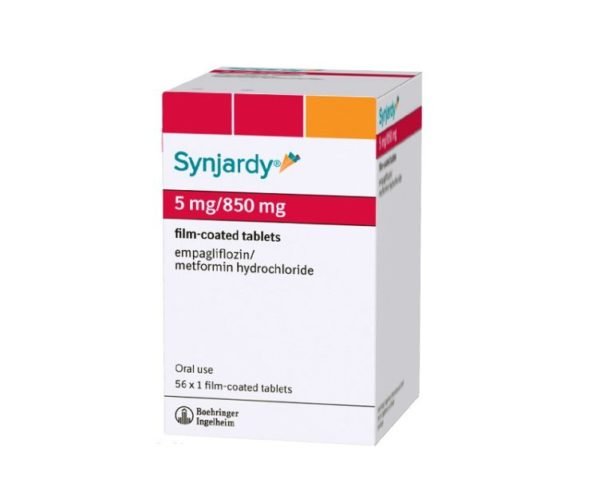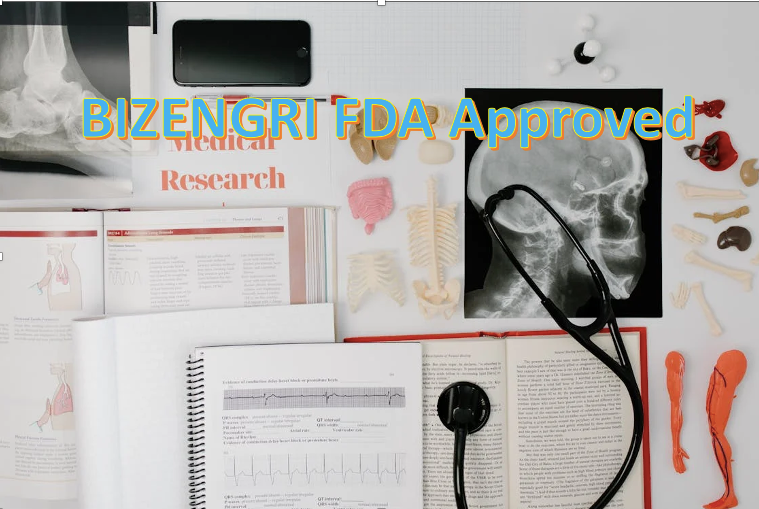Empagliflozin and metformin are considered the first-line of therapy in most elderly diabetic patients, however, not all can tolerate them because of their side effects.
With this background in mind, Let's continue our discussion focusing on real-life case scenarios. Till now, I have been discussing the wonders of empagliflozin. More specifically, when we talk about its role in the management of heart failure, fluid overload, and weight loss. However, some patients can not tolerate a single pill of empagliflozin. This is one of my patients who were started on therapy but he could not tolerate it.
Background of my diabetic patient ...
This is a 64 years of age male patient of type 2 diabetes mellitus for 8 years. His current medications include:
-
Glibenclamide (Glyburide) or Daonil 5 mg once a day before breakfast.
-
Metformin (Neodepar) 1000 mg twice daily after meals.
He has poor glycemic control with blood sugars fluctuating between 250 mg/dl and 450 mg/dl. He is non-compliant to medicines and totally non-compliant to diet as well. Over the past two weeks, he developed severe shortness of breath, orthopnea, and paroxysmal nocturnal dyspnea. He also noticed generalized body swelling and palpitation. In fact, it was this shortness of breath that necessitated him to see a physician. On examination, he is morbidly obese, with anasarca, periorbital puffiness, and tachypnea. He was breathing heavily and had bibasal chest crepitations with an occasional wheeze. The patient denied any history of biomass exposure or smoke.
How I planned his management ...
There were a few things which needed urgent evaluation:
- Cardiac evaluation
- kidneys evaluation
Things which needed to be taken care of on priority basis included:
- Glycemic control
- Weight management
- Ensuring compliance with treatment and diet.
The patient underwent ECG, Echocardiogram, and a chest radiograph. He had diffuse ST-segment depressions, an Ejection fraction of 40%, and bilateral congested lungs. Renal functions were normal but urine for microalbumin was 210 mg/dl. Glycated hemoglobin was 9.8%. A cardiology consult was requested.
Treatment advised ...
He was advised a low caloric & a low salt diet and frequent self-monitoring of blood glucose at every 3 to 4 days interval. Aerobic exercise for 30 minutes for 5 days a week was recommended. He was initiated on the following medicines:
- Low dose aspirin
- Atorvastatin
- Carvedilol
- Amiloride/ Hydrochlorothiazide
- Empagliflozin
- Metformin
- Sitagliptin
Progress after empagliflozin and metformin ...
With the anti-failure therapy, his shortness of breath improved remarkably within days and he could sleep with comfort. He started a regular walk and became compliant with diabetic diet (although half-heartedly). He achieved near-normal glycemic targets which were rewarding. However, he developed severe polyurea and increased urinary frequency which he attributed to empagliflozin. The urinary problem was so severe that he had to stop empagliflozin.
What went wrong here?
Was the combination of empagliflozin and metformin with sitagliptin a bad choice to start here? Is there an inherent difference in response to therapy? Comments here will be most-welcomed ...
What I did next?
I asked the patient to continue empagliflozin and reduce amiloride and hydrochlorothiazide to half ( or completely withhold amiloride and hydrochlorothiazide if the symptoms persist). I added Irbesartan to the treatment regimen after adequate diureses.
The patient has been doing quite well with the current treatment. His last visit was one day back when he was asking for some medicines to improve his sexual dysfunction.
I don't know, how you people will respond to such requests. Share your experiences here ...

 Injection for familial chylomicronemia syndrome.jpeg)


